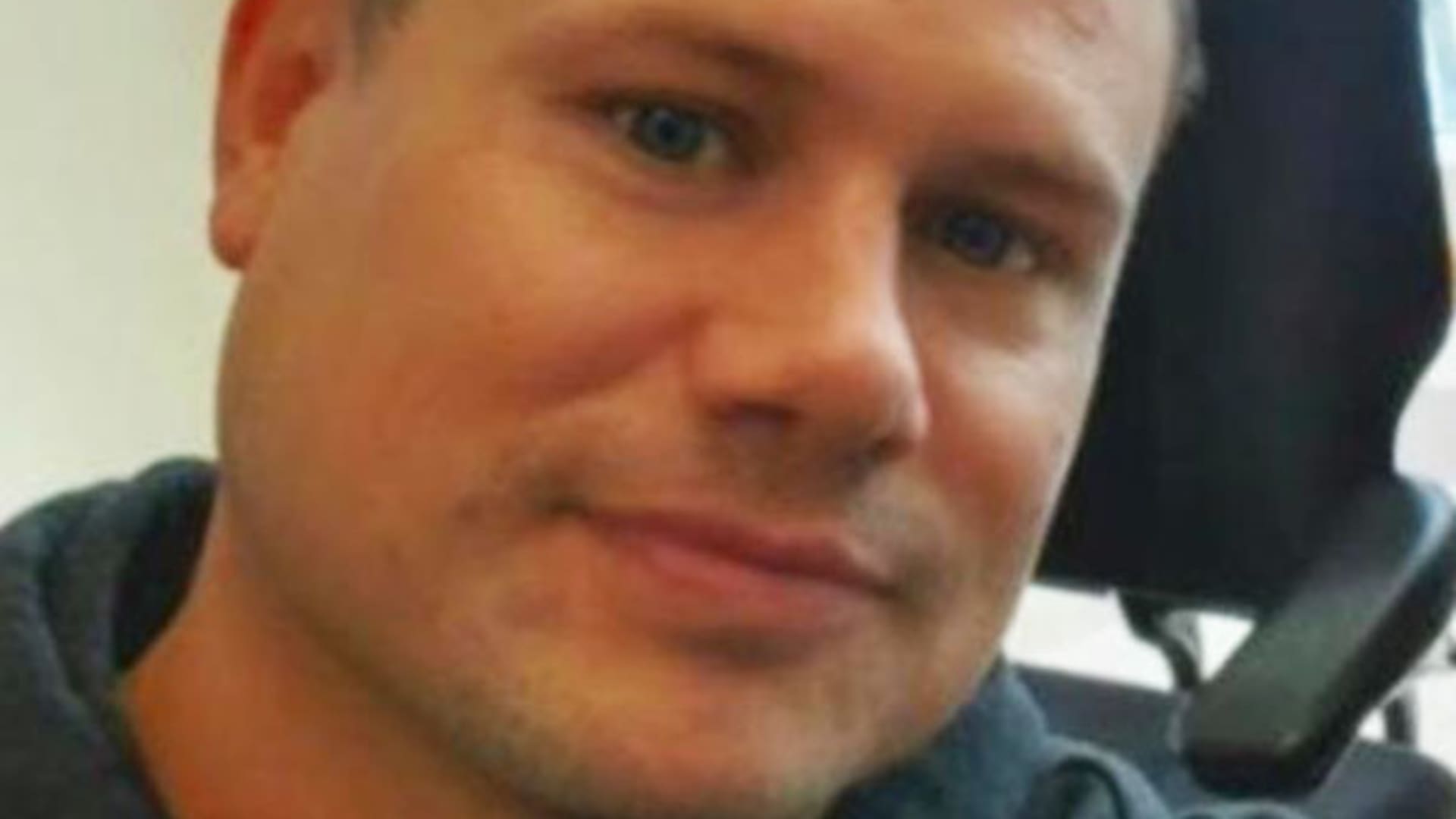The former fugitive accused of posing as a billionaire, a Harvard MBA and an Iraq War vet to scam people out of $35 million was ordered detained without bail pending trial in large part because he is “an economic danger to the community,” a federal judge said in a court filing.
Justin Costello is also “a serious flight risk,” wrote U.S. Magistrate Judge Daniel Butcher, who added in Monday’s filing that no conditions would “reasonably assure” that the 42-year-old would show up in court again if freed on bond.
Butcher noted that Costello faces a recommended prison term of between 27 years and nearly 34 years under federal sentencing guidelines if convicted of the multiple counts of securities and wire fraud he is charged with in a criminal indictment issued in federal court in Washington state.
“The weight of the evidence is strong,” Butcher wrote in his detention order in U.S. District Court in San Diego.
“The allegations in the indictment are extensive and detailed,” he wrote.
Butcher wrote that the evidence itself is the least important factor in his decision to keep Costello in jail.
But, he added, “when taken together with the significant [prison] sentence Defendant faces if convicted, the Court finds Defendant has a serious incentive to flee.”
Costello’s lawyer, Cindy Muro, did not respond to messages seeking comment.
Costello, who has ties to Washington, Las Vegas and California, is due in San Diego court later Tuesday for another hearing related to his expected transfer to Washington state to face trial.
He is accused in the indictment of swindling thousands of investors and others in complicated schemes involving penny stocks, shell companies and a banking firm that did business with three unrelated cannabis companies. The Securities and Exchange Commission has sued Costello and a second man, 44-year-old Radford, Virginia, resident David Ferraro, in a civil case alleging related fraudulent conduct.
Among other allegations, Costello is accused of using social media sites to coordinate false claims about publicly traded stocks to manipulate their prices so he could profit on the transactions.
As part of the alleged scams, Costello falsely claimed to be worth $1 billion or more and to have served two tours in Iraq as a member of the special forces, where he purportedly was shot twice. He also claimed to have “managed money for wealthy individuals, including a Saudi sheikh,” and that “he had 14 years of experience on Wall Street,” the indictment said.
“None of that is true,” a press release by U.S. Attorney’s Office for Washington state said.
Prosecutors have said that Costello agreed through his then-lawyer to surrender in late September to face the indictment after being informed it was set to be filed. But he never showed up as agreed at the FBI’s office in San Diego, and went on the lam.
On Oct. 4, an FBI SWAT team found Costello in a remote area near San Diego, carrying a backpack containing tens of thousands of dollars in U.S. and Mexican currency, six one-ounce gold bars, banking cards and checkbooks and a Washington state driver’s license in the name of “Christian Bolter.”
Prosecutors said the FBI was able to locate Costello by tracking him on his cellphone.
Costello pleaded not guilty during an arraignment in San Diego federal court a week later. He then appeared before Butcher on Oct. 18 for a detention hearing, where prosecutors asked the judge to keep him locked up.
Butcher in his order Monday said that prosecutors had “demonstrated by clear and convincing evidence that [Costello] is an economic danger to the community and that no condition or combination of conditions will reasonably assure the safety of any other person and the community.”
The judge cited Costello’s alleged possession of “multiple documents matching” the driver’s license bearing his photograph but the name of Bolter when he was nabbed, as well as other items that Costello could use to flee prosecution again.
